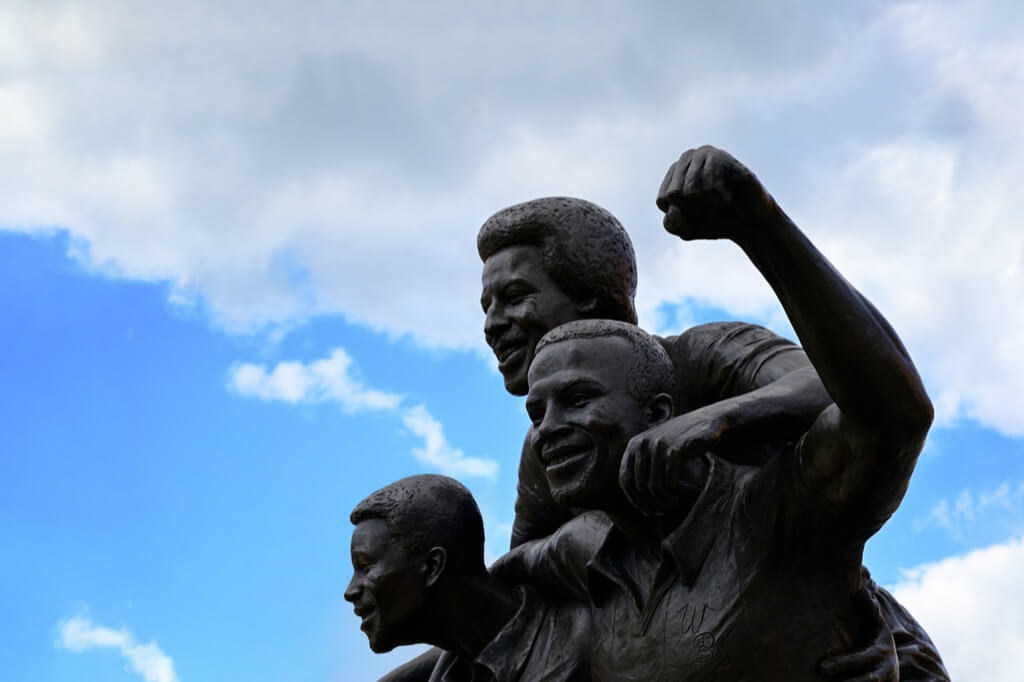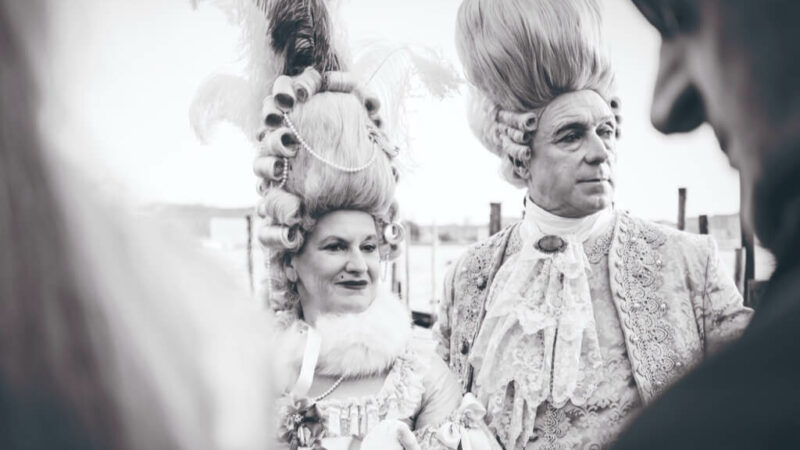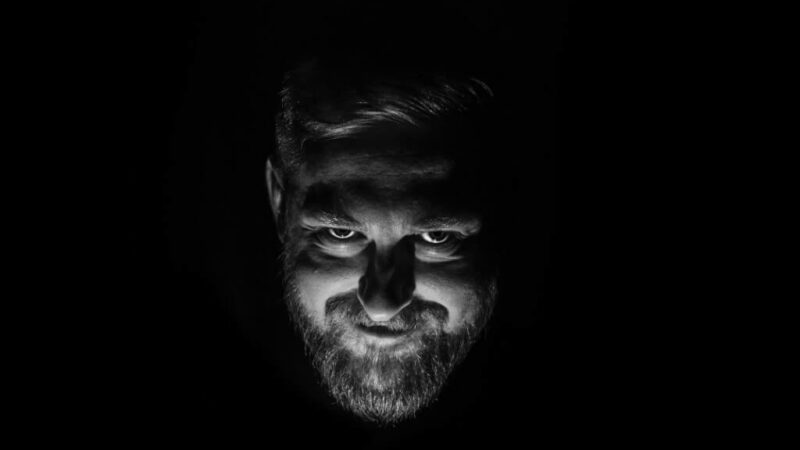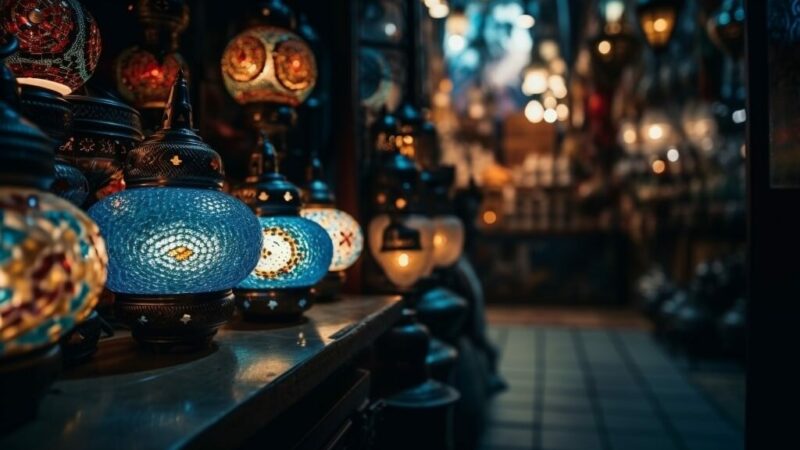Vladimir Putin’s Rise to Russian Power

When Boris Yeltsin resigned as president of the Russian Federation, it was a moment of both predictability and shock. His resignation on December 31, 1999, paved the way for Vladimir Putin, then Prime Minister, to ascend to the presidency on the first day of the new millennium. Since then, Putin has not only become the most powerful man in Russia but also a significant figure on the world stage. His influence is felt globally, especially as the conflict in Ukraine rages on, contributing to rising gasoline prices, increasing food insecurity worldwide, and exacerbating global inflation. Many might be surprised to learn that Putin, Russia’s second president, was not originally a politician by trade. Instead, a unique set of circumstances catapulted him into this powerful role. But how did Vladimir Putin rise to such prominence, and how has he maintained his leadership in Russia for so long?
Vladimir Putin’s childhood in post-war Leningrad (now Saint Petersburg) was deeply influenced by the city’s history and culture. Leningrad, having endured one of the longest and most devastating sieges in history during World War II, had a profound impact on its inhabitants. The city’s resilience and spirit of survival likely played a role in shaping Putin’s own character. The hardships faced by the residents during and after the siege, including Putin’s family, were emblematic of the struggles endured by many Soviet families at the time.
The Role of Family and Hardship in Shaping Character
Growing up in a family with a history of loss, with both older brothers dying before he was born, likely had a significant impact on Putin. The resilience and fortitude of his parents, especially his father, who was both a factory worker and a war veteran, would have been key influences in his formative years. Living in a small, shared apartment, the young Putin was exposed to a life of modest means and communal living, experiences that may have contributed to his later views on society and governance.
In the post-war Soviet Union, the society in which Putin was raised was marked by rebuilding and ideological fervor. The ethos of the time, characterized by a strong sense of communal responsibility and Soviet patriotism, was likely ingrained in him from an early age. This period was also marked by a significant emphasis on physical strength and prowess, which may have influenced Putin’s later interest in martial arts and physical fitness.
The environment of Leningrad, with its rich history and cultural significance in the Soviet Union, would have provided a backdrop for Putin’s developing worldview. The city, renowned for its intellectual and artistic heritage, was also a hub of political and military significance. This unique combination of cultural richness and strategic importance likely played a role in fostering Putin’s interest in both the arts, such as his language studies, and in strategic thinking, which would later manifest in his career choices.
Putin’s Childhood
Growing up in these conditions, Putin experienced poverty and often found himself in fights around his apartment complex. This propensity for physical confrontation would later pose risks to his career. It also led him to Sambo, a Russian martial art, and subsequently to Judo, which he is known for internationally. Initially, Vladimir’s academic performance was mediocre. However, his involvement in sports clubs and martial arts eventually inspired him to improve his academic standing. Moreover, learning German in school would later significantly influence his career path. Interestingly, Putin wasn’t initially drawn to politics in his youth. For example, he resisted joining the youth wing of the Communist Party, despite pressure from teachers and peers. However, Putin would eventually relent and discover his aptitude for leadership.
Putin’s Fascination with Espionage
Even as a child, Putin was more fascinated by espionage than anything else. Inspired by Soviet spy movies and literature from World War II, he dreamed of joining the KGB. According to a popular but unverified story, in 1968, a young Putin visited the KGB’s Leningrad office and inquired about what it would take to join. He was advised to pursue a law degree. Motivated by this advice, Putin focused more on his studies, aiming to attend Leningrad State University for Law, which he eventually did.
Despite warnings from trainers and acquaintances about the stark realities of KGB life differing from the movies, Putin remained undeterred. His university education deepened his respect for social order and law, leading to an internship with the city’s transport ministry’s criminal division. In 1975, his determination paid off when he was recruited by the KGB.
Putin’s Career in the KGB
Promoted to first lieutenant in 1976, Putin began in the KGB’s counterintelligence branch, the Second Chief Directorate. Here, he learned to recruit informants and fight internal enemies of the Soviet Union. The KGB was essentially a state within a state, overseeing everything to ensure law and order. After six months, Putin transitioned to the First Chief Directorate, focusing on intelligence outside the Soviet Union.
Contrary to popular belief, Putin’s KGB work was not filled with Hollywood-style espionage. As noted by journalist and biographer Masha Gessen, his tasks mainly involved collecting press clippings, contributing to the KGB’s vast but often unproductive information pool.
The Subtle Ascent of Putin
During his KGB tenure, Putin exhibited traits that would later be crucial in his rise to power. He was known for his diligent and meticulous work ethic and maintained a low profile. His ambitions appeared to be more about advancing within the KGB rather than leading the nation or party. Until 1985, his duties primarily involved monitoring foreigners in Leningrad. Then, he was sent to the Red Banner Institute for foreign intelligence training.
Despite his lifelong interest in spycraft, Putin’s proficiency in German, rather than his fighting skills, led to his deployment in Dresden, East Germany. There, working for both the KGB and the Stasi (East Germany’s secret police), he fully immersed himself in German culture and reportedly executed his duties with distinction.
The collapse of East Germany, epitomized by the fall of the Berlin Wall, profoundly affected Putin. He watched as the Soviet Union’s influence in the region crumbled, with Moscow unable to communicate effectively with the KGB. Putin returned to Russia in 1989, a time when the Soviet Union itself was unraveling due to Mikhail Gorbachev’s social and economic reforms, such as Glasnost and Perestroika. The future was uncertain for most Russians, including Putin, as the old way of life ended and a new one struggled to begin.
Putin’s Transition from the KGB to Politics
While still in the KGB, Putin took on a role as an assistant to the rector at Leningrad State University. This semi-official KGB position involved monitoring foreign students, a common practice for the organization.
The resignation of Boris Yeltsin and the subsequent rise of Vladimir Putin marked a significant shift in Russian and global politics. Putin’s journey from a humble upbringing in Leningrad to the pinnacle of power in Russia illustrates a complex interplay of personal ambition, skill, and historical circumstance. His tenure as president has been marked by significant global influence, with the ongoing conflict in Ukraine being just one example of his far-reaching impact. As the world continues to witness the unfolding of Putin’s leadership, his early life and career offer valuable insights into the man behind the powerful persona.



